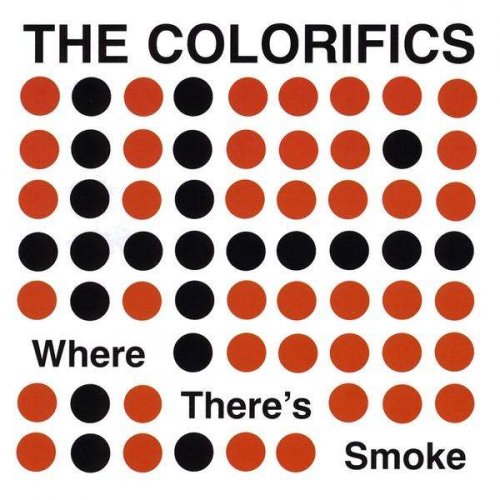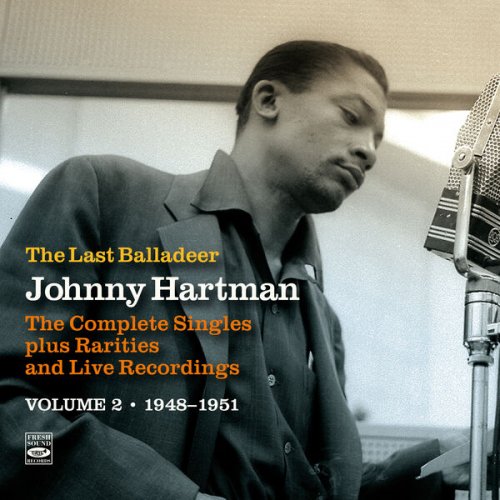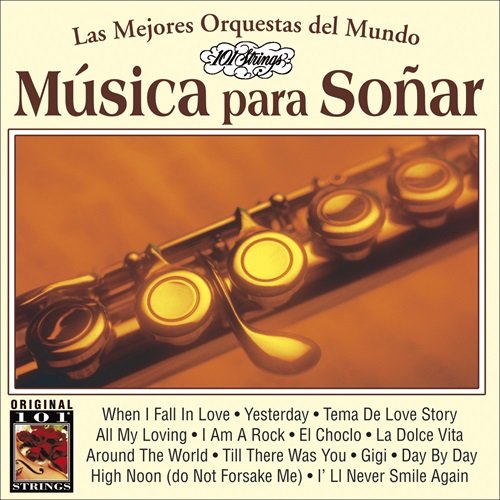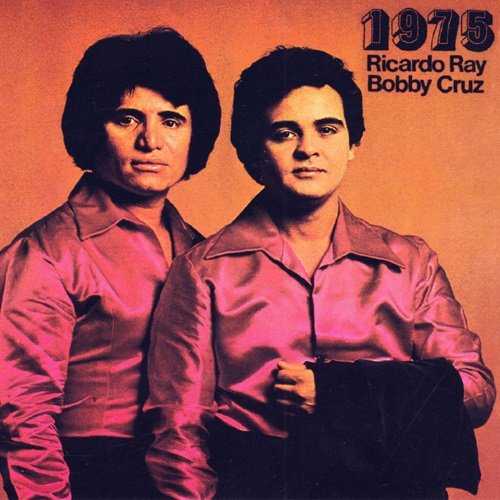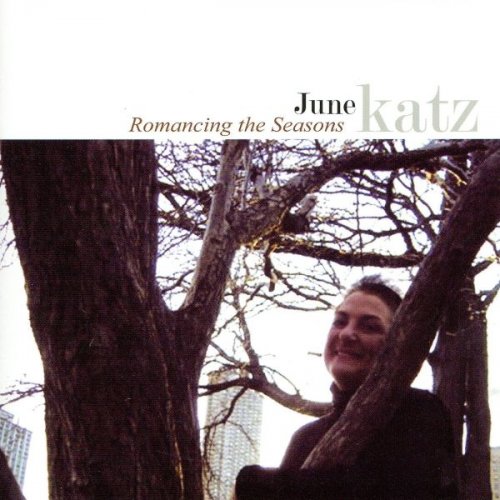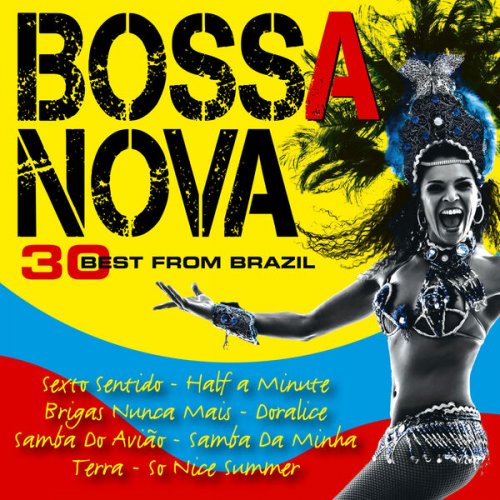A Pulse Train - Tactus Tempus (2017)
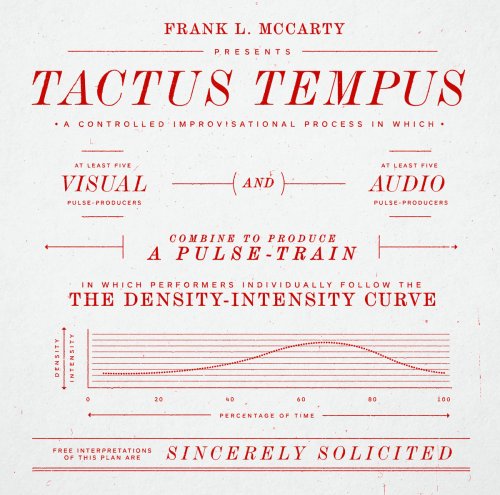
Artist: A Pulse Train
Title: Tactus Tempus
Year Of Release: 2017
Label: Geej Recordings
Genre: Electronic
Quality: FLAC (tracks)
Total Time: 66:45 min
Total Size: 481 MB
WebSite: Album Preview
Tracklist:Title: Tactus Tempus
Year Of Release: 2017
Label: Geej Recordings
Genre: Electronic
Quality: FLAC (tracks)
Total Time: 66:45 min
Total Size: 481 MB
WebSite: Album Preview
1. Tactus Tempus (TONAL) 15:00
2. Tactus Tempus (NOISES and IMPULSES) 14:59
3. Tactus Tempus (Original 1973 Live Performance by BIOME) 36:46
A Pulse Train is a one-off supergroup with some notable members: Joe Goddard of Hot Chip, Junior Boys' Jeremy Greenspan, Sam Shepherd (AKA Floating Points), Dan Snaith (AKA Caribou) and James Shaw of Simian Mobile Disco. The contents of Tactus Tempus, however, may be pretty niche in their appeal. Born of "a rare moment of collective down time" in London last summer, the record features two realisations of a 1973 graphic score by lesser-known American composer Frank McCarty. According to an interview with McCarty and his BIOME ensemble, included in a Bandcamp bonus download, the title has something to do with a medieval concept separating "perceived" and "performed" time. The piece requires performers to improvise along a "density-intensity" curve in order to produce a sonic "pulse train."
The results—two 15-minute passages of quiet-loud-quiet, performed on an orchestra of blooping, swirling, fizzing synths—are less brow-furrowing than this all sounds. The release is at its most accessible in the opening of "Tactus Tempus (Tonal)," where sparse, flickering tones coalesce into sultry minor-key ambience. The energy builds slowly, before giving way to something more cacophonous at around six minutes. At 11 minutes, the dense squall of sound abruptly thins out, and a couple of minutes later the whole thing is reduced to a few unsteady sputters and twangs that slowly recede into nothing.
It's not the overall arc of intensity that makes the track interesting, but the deviations from it: fleeting shifts in mood, eddies of melody and rhythm which quickly dissipate in the improvised confusion. "Tactus Tempus (Noises And Impulses)," which swaps pitched sounds for a roiling sump of half-percussion, scuttling arps and blasts of radio interference, is no more predictable. At first, it's a little too dominated by a single looping rhythmic part, but soon the cloud of detail underneath rises to enshroud it. Shortly before the ten-minute mark, a grinding high-pitched howl signals the start of the track's unsteady descent back to silence, and that loop becomes the punctuation in a more delicate texture of filtered noise and decelerating pulse bursts.
The results—two 15-minute passages of quiet-loud-quiet, performed on an orchestra of blooping, swirling, fizzing synths—are less brow-furrowing than this all sounds. The release is at its most accessible in the opening of "Tactus Tempus (Tonal)," where sparse, flickering tones coalesce into sultry minor-key ambience. The energy builds slowly, before giving way to something more cacophonous at around six minutes. At 11 minutes, the dense squall of sound abruptly thins out, and a couple of minutes later the whole thing is reduced to a few unsteady sputters and twangs that slowly recede into nothing.
It's not the overall arc of intensity that makes the track interesting, but the deviations from it: fleeting shifts in mood, eddies of melody and rhythm which quickly dissipate in the improvised confusion. "Tactus Tempus (Noises And Impulses)," which swaps pitched sounds for a roiling sump of half-percussion, scuttling arps and blasts of radio interference, is no more predictable. At first, it's a little too dominated by a single looping rhythmic part, but soon the cloud of detail underneath rises to enshroud it. Shortly before the ten-minute mark, a grinding high-pitched howl signals the start of the track's unsteady descent back to silence, and that loop becomes the punctuation in a more delicate texture of filtered noise and decelerating pulse bursts.
![Roberta Flack - Roberta Flack (2026 Remaster) [Hi-Res] Roberta Flack - Roberta Flack (2026 Remaster) [Hi-Res]](https://www.dibpic.com/uploads/posts/2026-02/1772098000_cover.png)
![Wes Montgomery - Full House (Remastered 2026 / Live At Tsubo / 1962) (1962) [Hi-Res] Wes Montgomery - Full House (Remastered 2026 / Live At Tsubo / 1962) (1962) [Hi-Res]](https://www.dibpic.com/uploads/posts/2026-02/1772124946_cover.jpg)
